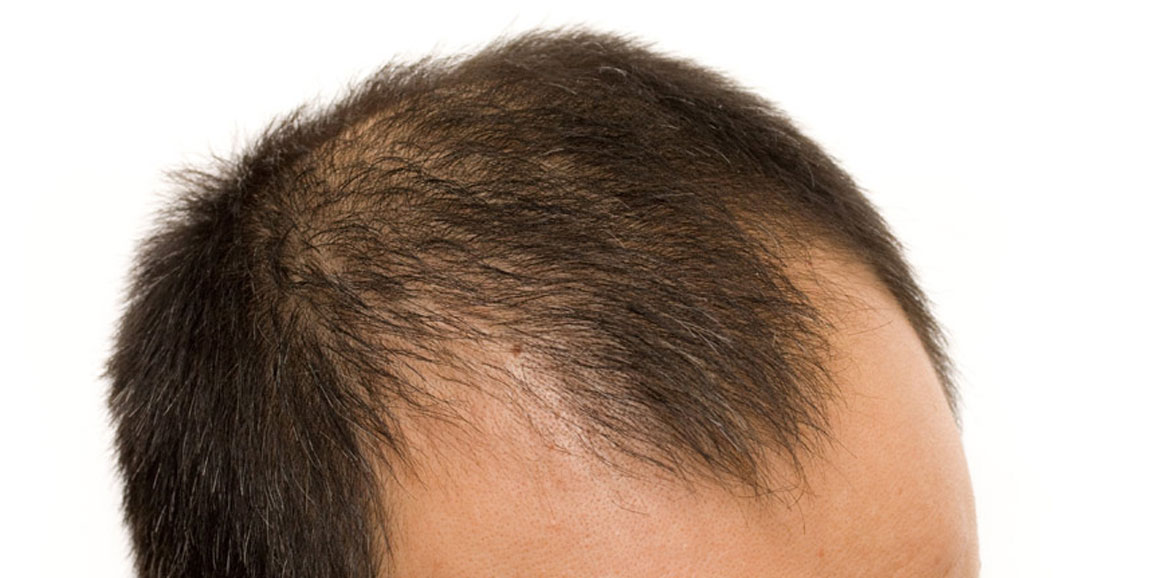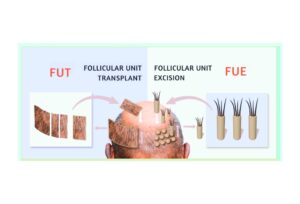Although the majority of cases of hair loss in men are hereditary, there are other things that can cause it. Alopecia is certainly not as common as pattern balding but it is still a big culprit of hair loss, especially in women. There are also forms of hair loss that are triggered by traumatic events. The traumatic event causes the hair follicles to move from the growth phase to the resting phase. This means the hair loss will occur roughly 3 months after the event.
How to care for our hair & hair follicles.
If you’ve done any research on the subject of hair loss then you’ll know that genetics are the primary culprit for both men and women. Although more common in men, pattern hair loss is something that both sexes have to deal with and genetics are to blame.

What other factors cause hair loss?
Although genetics are the biggest cause of hair loss, there are other things that can cause it. For example, different forms of alopecia can affect both men and women at any age. Alopecia is certainly not as common as pattern balding but it is still a big culprit of hair loss, especially in women.
There are also forms of hair loss that are triggered by traumatic events. For example, surgery, childbirth and terminations can all trigger a kind of shock hair loss known as Telogen Effluvium. The traumatic event causes the hair follicles to move from the growth phase to the resting phase. This means the hair loss will occur roughly 3 months after the event.
There’s also hair loss that’s self-inflicted, known as Traction Alopecia. This is most common in women and is caused by extreme tension being placed on the hair shafts. The primary culprit for this type of hair loss is the hair being pulled tight when styled as well as heavy hair extensions being used with a ponytail. Men who wear their hair in cornrows can also suffer from this type of hair loss.
What is the best way to treat genetic hair loss?
The best treatment for genetic hair loss in men is finasteride. Finasteride was approved by the FDA as a treatment for male pattern baldness in 1997 and since then has been used by millions of men across the world to help slow down their balding. It works by inhibiting the production of DHT in the body, which is the main cause of hair loss in men.
For women, the best treatment for genetic hair loss is minoxidil. Minoxidil works a vasodilator, meaning it widens the blood vessels in the scalp allowing for greater hair growth. Minoxidil is a proven treatment that has been shown to improve hair loss in both men and women.
Be sure to read through the other articles on the site for more information on hair loss in both men and women. Get in touch if you’d like any more information on hair loss treatments or hair transplants.

















